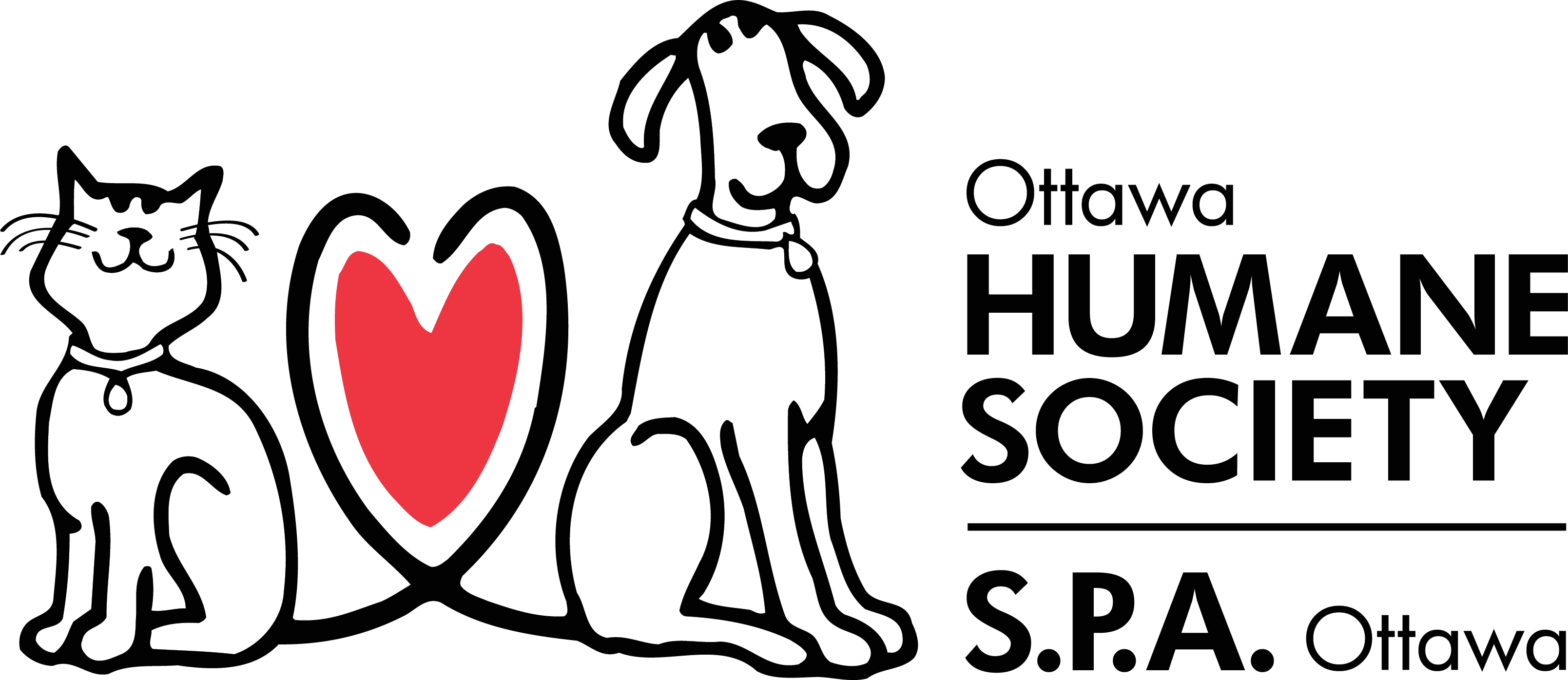Get a Microchip For Your Pet: The Difference Between Lost and Found
May 2, 2019 — It can happen in a split second. The curious cat runs out the door while arriving home, juggling keys, kids and coats, or the dog hurls himself in pursuit of a squirrel with his leash separated from his owner’s hand. In just a couple of seconds, a beloved pet goes missing. Unfortunately this happens all the time. In fact, the Ottawa Humane Society (OHS) reports that only a small percentage of lost cats or dogs ever get returned to their owner. However if a cat or dog is microchipped, their chance of being reunited with their owner dramatically increases.
This is why all cats and dogs adopted from the OHS go home with a microchip, why every pet admitted to the shelter is scanned for a microchip, and why the OHS holds a microchip clinic every month.
A microchip is a rice-size chip that is embedded under the animal’s skin, on top of his neck. The procedure is virtually painless and gives cats and dogs a lifetime identification. Veterinary hospitals, animal shelters and Ottawa Bylaw carry microchip scanners, which when scanning an animal, will receive the chip’s identification number used to track down an animal’s owner.
The next microchip clinic at the OHS, 245 West Hunt Club Road, will be on May 5 from 9 a.m. to 12 noon. It costs $50 for the first pet and $25 for each additional pet.
Media Contact
Ottawa Humane Society
Lesley Foster, Manager: Communications
613-725-3166 Ext: 261 or lesleyf@ottawahumane.ca
www.ottawahumane.ca
